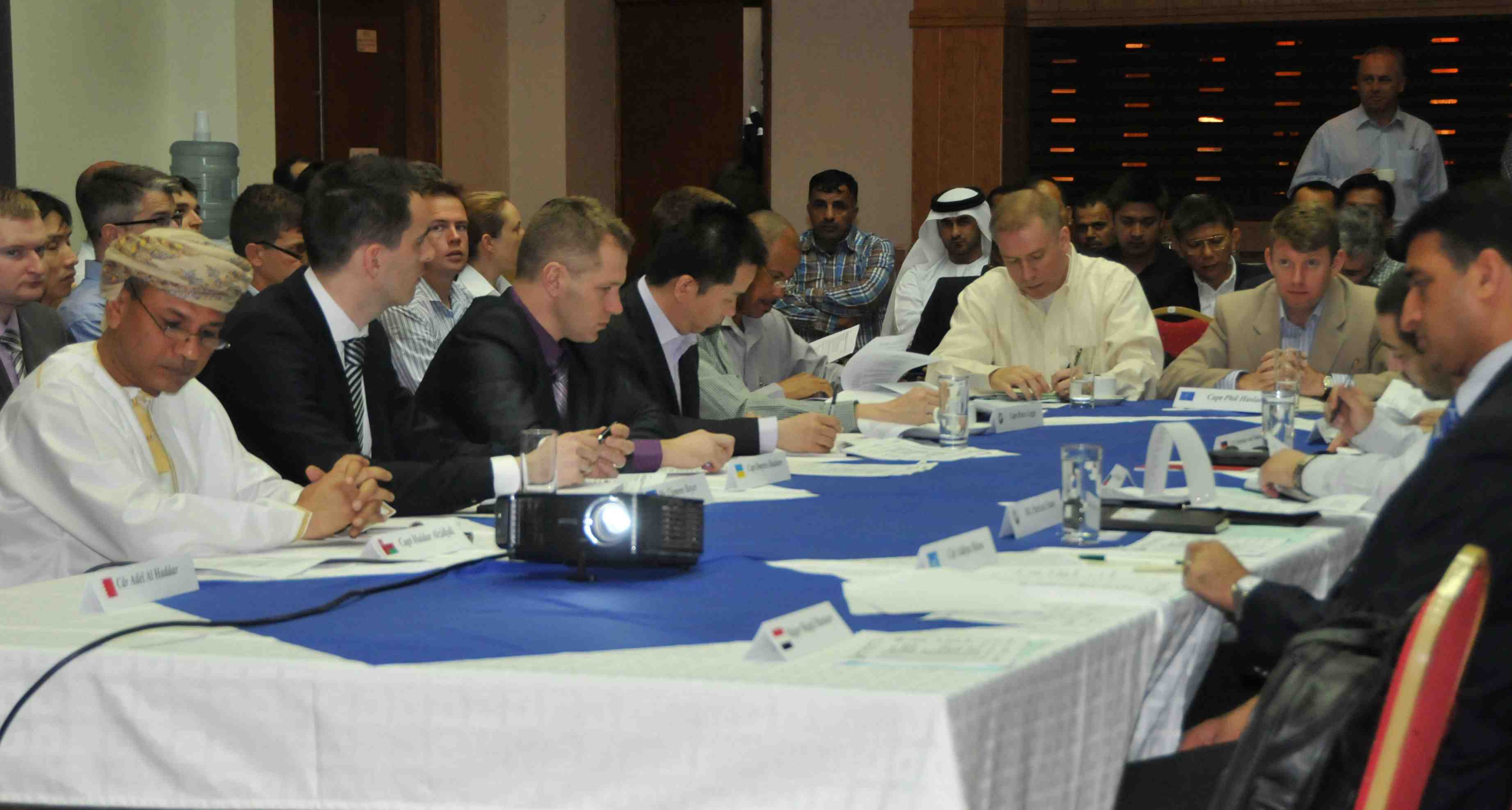Piracy partly finances Al Shabab terrorism (Europol)
(BRUSSELS2 to Paris) Europol investigators are (almost) certain. " For the moment, we have no material proof but a bundle of clues explains Michel Quillé, Deputy Director of Europol (*). " Part of the ransoms is used to finance terrorist groups in the region. Links between Al Shabab entities and pirates exist, it is a functional and non-hierarchical link. If criminal groups can launch piracy operations from areas controlled by Al Shabab, there is a modus vivendi, and this modus vivendi is paid for. »
highly organized crime
“Maritime piracy is not an isolated or one-off phenomenon. We deal with criminal and hierarchical networks as in other areas of organized crime. The "organized crime" dimension is very present ". Detecting the financiers, the organizers is however not easy. " There are many difficulties “says Michel Quillé. " The formal identification of the perpetrators of these acts, in areas where the central authorities, where the structures for identifying individuals are not solid, poses problems. It is also difficult to trace financial circuits. The ransoms are paid in cash, divided between several actors, and distributed on the spot (NB: therefore without a lot of traces). The banking systems used are informal systems. » For Europol, the work goes a lot through recorded communications which allow " identify networks and structures ". A painstaking job...
A permanent investigation team
Since January 2010, Europol has set up a "Piracy" file at the request of several European countries - France, Germany, Belgium, the Netherlands -. This database now includes 21.000 items (the names of suspects, victims, mobile phone numbers, etc.) - fed by the member countries of the organization and the States with which it has reached an agreement (United States for example). " 50.000 links were generated, with dozens of leads for investigation ». The " purpose is to identify networks, individuals, links and actions ". A joint "Nemesis" investigation team has been set up. This is a first for the European police office because it is permanent and operates within Europol. Under the direction of a Dutch magistrate, it includes a dozen Dutch (including some intelligence) and German officers, who work in conjunction with the Agency's analysts.
No legal basis
« The sinews of war: it is intelligence », insists the head of Europol. " We must improve coordination within the European Union ". Some countries have information but do not feed the database, he said without naming the countries (...). " It is also necessary to improve the exchange of information with the actors closest to the area, for example the Eunavfor Atalanta mission, etc.). Corn " unfortunately - he notes - there is no legal basis for a continuous exchange ". Europol has organized contacts with other CSDP missions – such as the Eulex Kosovo mission. And the senior policeman to be surprised: " why can't we receive information permanently with Atalanta ". The question is being studied at the level of the European External Action Service (EEAS). And the question was raised, very officially, at the COPS very recently (early July). In the meantime, informal exchanges of information are taking place: thus Europol analysts regularly travel to Atalanta HQ, in Northwood. Or conversely the soldiers, sailors and agents of Eunavfor Atalanta travel to Europol (a visit is thus scheduled for tomorrow, Tuesday).
(*) During a conference on maritime capabilities organized this Monday by the Directorate of Strategic Affairs of the (French) Ministry of Defense and the Cypriot Presidency of the EU.

